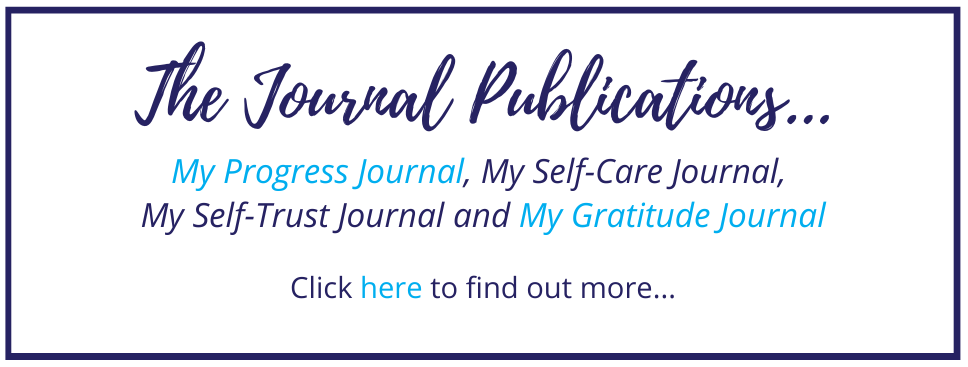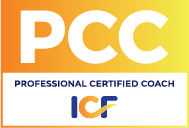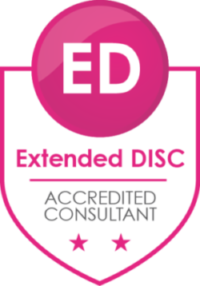Are you continually running out of time to get things done?
Maybe you start the day feeling energised and focused, you have your three most important tasks ready to go, but then life happens – the phone rings, you get interrupted by colleagues or friends, the internet fails and the photocopier runs out of toner. Then the end of the day arrives and two out of those three most important tasks still need to be completed and you feel defeated.
Sound familiar?
Today we are going to be discussing Becoming the Master of Your Time, including –
- Reframing How You Look at Time and Time Management
- You Have the Same Time As..
- What Do You Really Want?
- Effectiveness and Efficiency
- 7 Tips to Becoming the Master of Your Time
- 4 Tools for Using Your Time Wisely
Reframing How You Look at Time and Time Management
There is no time to manage – time is here right now. Subsequently, time management is more about how you manage the activities you do in the time you have – i.e. self-management.
It is up to you to decide how we invest, value and spend your time (we cannot save it). How you execute each of these leads to mastery of your time.
The subject of activity or self management is diverse, so my intention is to share some tips, tools and techniques you can apply in your life to help you become the master of your time. Also due to the frequent use and reference of the word ‘time management’, I will also use the word self-management interchangeably with the word time management from here on in.
You Have the Same Time As…
One of the things you need to remember is that Oprah Winfrey, Maya Angelou, Warren Buffet, Steve Jobs, you and I all get the same amount of time. If you are lucky, each year you receive 365 days (unless it’s a leap year), 52 weeks, 12 months in a year, 24 hours in a day and 60 minutes in an hour. So what makes the difference? One area is knowing who you are and what you want!
What Do You Really Want?
In order to become the master of your time, you need to identify who you are and what you really want in your life. Have you sat down and allowed yourself to dream and identify that? If not, you may like to make some time to compete the exercise here.
Effectiveness and Efficiency
Once you have identified what you want, you can start looking at effectiveness and efficiency. Over the years, much has been written about effectiveness and efficiency and for me one of the quotes that sums it up nice and succinctly is “Efficiency is doing things right; effectiveness is doing the right things.” ~ Peter Drucker.
Effectiveness
Doing the right things means prioritising and completing the important activities over the unimportant ones as well as focusing on completing the important elements of an activity.
Efficiency
Efficiency relates to how fast you can complete an activity. There is a limit on how efficient you can be as a human being.
To maximise your output, both effectiveness and efficiency are important, however effectiveness comes before efficiency.
7 Tips to Becoming the Master of Your Time
There are many tips to help you become the master of your time. 7 of these include –
- Choose Wisely – many people have been quoted over the years as saying where you are today is the sum total of the choices you have made up until now. So it is important you choose wisely and check-in with how those choices feel. Do you really want that extra piece of dessert? How is it going to make you feel? Is it really going to make you happy and take you closer to your intentions? Or will it take you further away? Remember there is always a choice. Viktor Frankl says, “Between stimulus and response there is a space. In that space is our power to choose our response. In our response lies our growth and our freedom”.
- Be 100% Responsible and Accountable – being 100% responsibility and hold yourself accountable for where you are in all areas of your life. Yes I mean ALL areas of your life – from your health, fitness, work, relationships, fun, adventure, to your finances – no excuses. Taking responsibility means no blaming people or justifying why things are the way they are. Right now, what would it mean to you if you started to be 100% responsible and held yourself accountable for your life?
- Learn to Say “No” – you don’t have to overcommit or take on more than you can handle. Sometimes a “no” can be “no not now”, not “no” completely! This also links in to knowing our own priorities and commitments.
- Use an Organiser – your organiser can keep you on top of the things you need to do and see where you spend your time. You can include your doing (or being) lists, birthdays, reminders etc.
- Use a Calendar – using a calendar can keep you on top of your schedule and important dates. Some people prefer to use a paper diary and some prefer electronic (i.e. iCal, Outlook or Google calendar). The most important aspect here is to identify what suits your lifestyle best and then develop a habit around using your calendar.
- Know Your Deadlines – schedule out your deadlines in your calendar, that way when you create your daily plan you know what commitments you already have. This will also help with not overcommitting yourself.
- Batch Similar Tasks Together – as you are going about your day, week or month, notice that there are different tasks that are repeated and require similar energy. For example – it can save you time and energy if you batch your phone calls together a couple of times during the week instead of going from one phone call to the next without preparation or planning.
There are 10 more tips for personal effectiveness and self-management here.
4 Tools for Becoming the Master of Your Time
The following 4 tools can help you master your time –
- Evernote – this tool helps you remember your notes and you can use it across all of your devices. To learn more about Evernote, click here.
- Survey Monkey – an online survey software and questionnaire tool – no more collating surveys as this tool can do it for you!
- Online Greeting Card Assistant – stay in touch with family, friends, clients and colleagues and never forget a birthday or special occasion again. Send a paper greeting card in the mail from your computer – click here to try
- Time and Date Calendar – create your own calendar with important dates on it. You can also access the moon phase calendar (great if you want to get married on a full moon!)
You can click here for 4 more tools.
I hope these ideas and tools have helped you to start becoming the master of your time so you can live wholeheartedly. Remember – “Don’t judge each day by the harvest you reap, but by the seeds you plant. ~ Robert Louis Stevenson.
Feel free to share any questions below or on our Facebook page here.
If you are ready to take yourself on the adventure of getting to know yourself (your true self), why not join the Toolkit? A place where I share tools, inspiration and ideas to live a courageous and openhearted life.

















Leave A Response